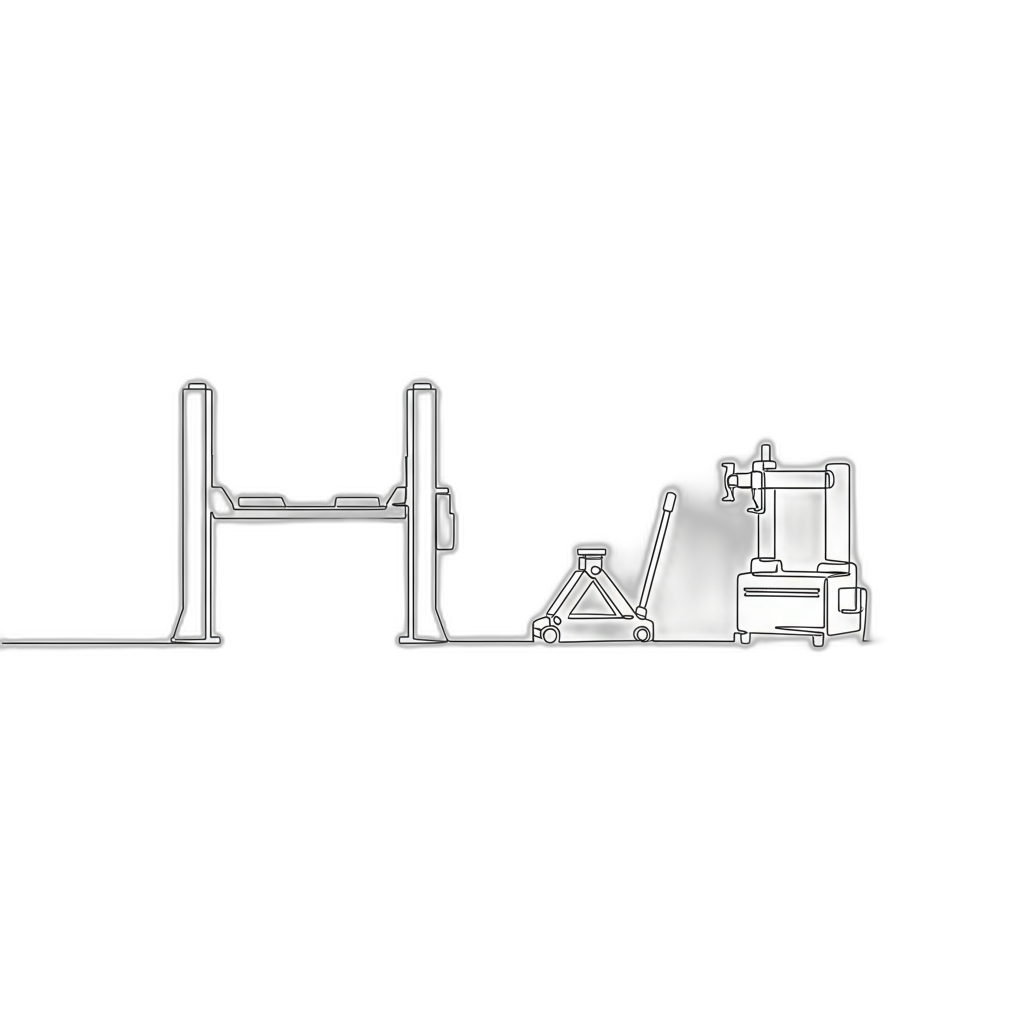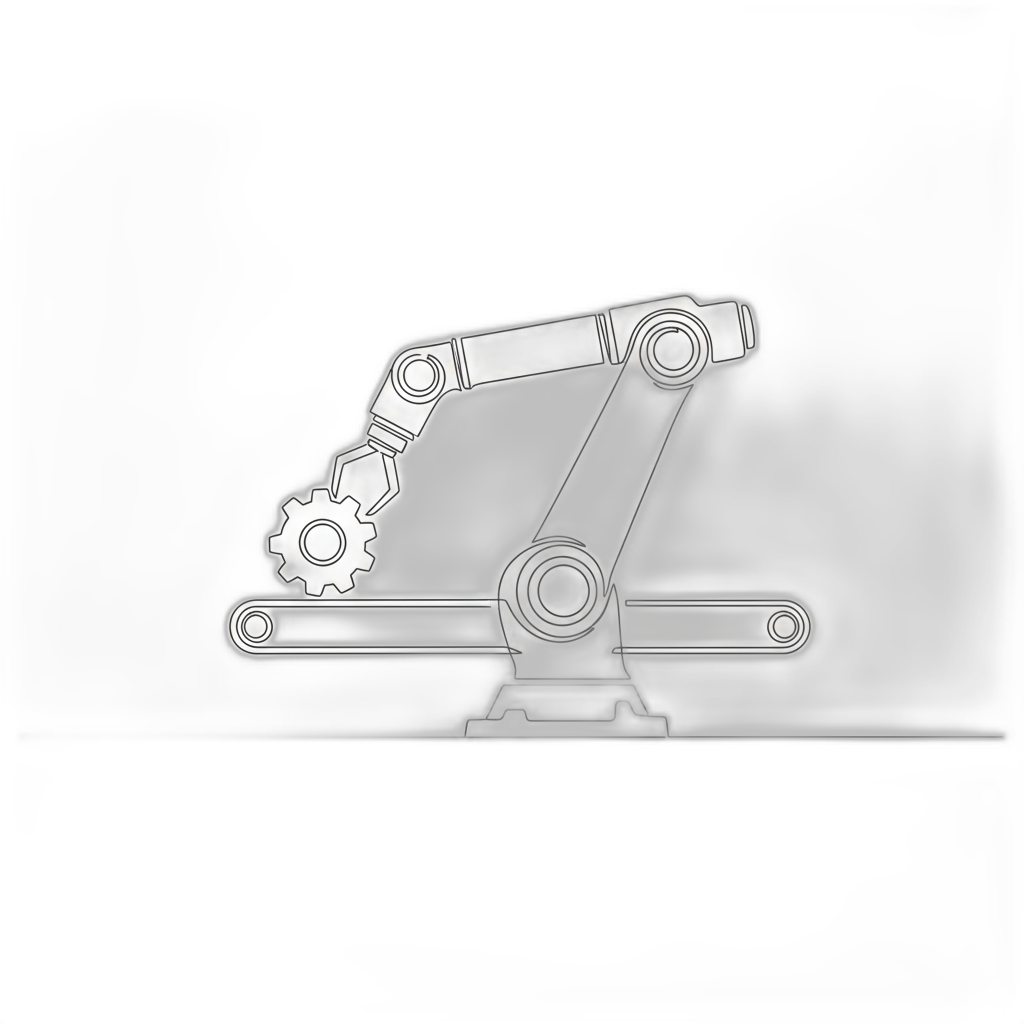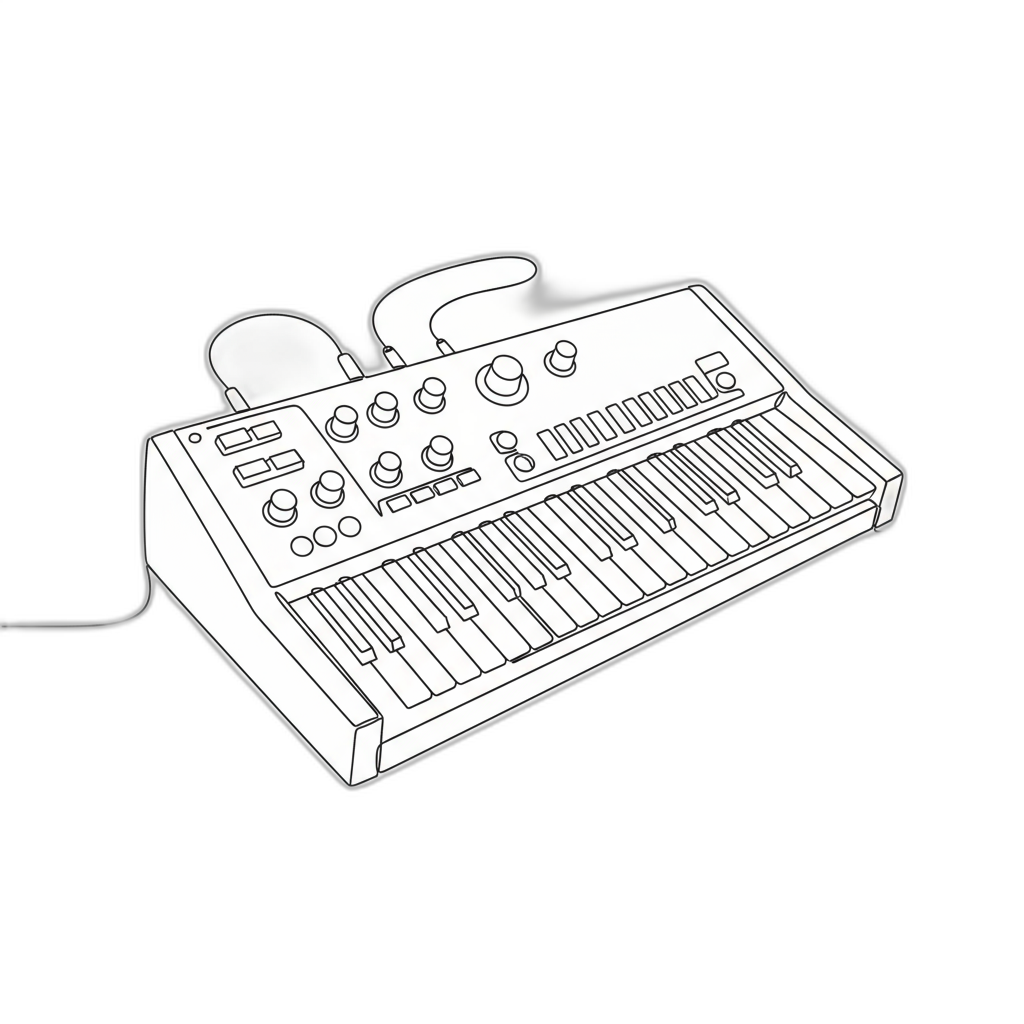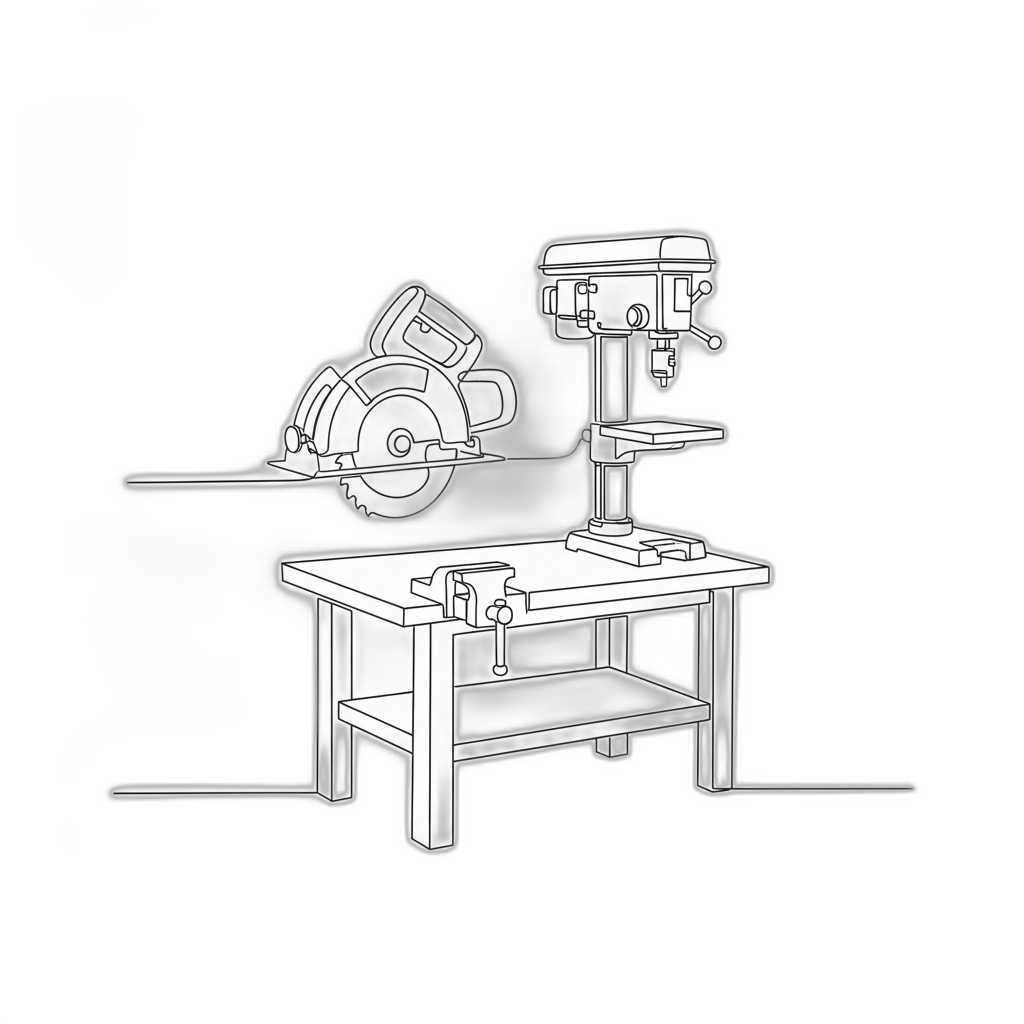






5-Star Valuation Services, Loved by Hundreds
Your Appraiser Search Ends Here
AppraiseItNow offers defensible personal property appraisals for any legal or tax need.


Easy & Fast Online Appraisal Process
Our unique model allows us to meet super tight deadlines for tax filings, court dates, internal company project timelines.

Industry-Leading Appraisal Speed
Our unique business model means that we always have a credentialed appraiser available to work on your project, and we can meet obscure and short deadlines for tax filings, court submissions, internal projects, and more. Even if that means preparing your appraisal within 24 hours!

Any Asset Covered
This means that we can appraise any type of item including furniture, artwork, jewelry, business inventory, machinery & equipment, cars, boats, and more!

Servicing Enterprises & Individuals
Our company services anyone from an individual with a single couch to an enterprise needing contents of multiple offices or warehouses appraised.

Defensible for Any Purpose
Frequently Asked
Questions
No Frequently Asked Questions Found.
These donations can take multiple forms, ranging from direct cash contributions to complex asset transfers. Monetary gifts are the most straightforward, typically involving cash, checks, or electronic transfers. However, donors can also contribute non-cash items like clothing, vehicles, securities, and even real estate.
Beyond financial support, charitable donations serve a critical role in addressing societal challenges. They provide essential funding for organizations working in areas such as education, healthcare, environmental conservation, and social justice. By contributing, donors become active participants in creating positive community change, supporting initiatives that might otherwise struggle to secure necessary resources.
The impact of charitable giving extends far beyond immediate financial support. These contributions help nonprofit organizations sustain their operations, develop innovative programs, and expand their reach to serve more individuals and communities in need. Moreover, donations foster a sense of collective responsibility and interconnectedness, demonstrating how individual actions can contribute to broader social progress.
For donors, charitable contributions offer potential tax advantages. Many jurisdictions allow tax deductions for gifts to qualified nonprofit organizations, which can help reduce overall tax liability. However, donors should maintain detailed documentation and, for significant non-cash donations, obtain professional appraisals to ensure proper valuation and tax compliance.
Ultimately, charitable donation represents a meaningful intersection of personal values, social responsibility, and practical financial strategy. Whether through monetary gifts, professional services, or tangible assets, each contribution has the potential to create meaningful, lasting impact.
From a tax perspective, the IRS mandates a qualified appraisal for non-cash contributions exceeding $5,000. This requirement isn't just bureaucratic red tape—it's a formal mechanism ensuring donors can accurately document and substantiate their charitable gifts. Proper documentation protects donors during potential tax reviews and helps maximize potential tax deductions.
Accurate valuation goes far beyond financial benefits. A professional appraisal introduces transparency and credibility to the donation process. Charitable organizations rely on precise documentation to validate contributions, demonstrate impact, and maintain financial accountability. When donors provide comprehensive appraisals, they empower nonprofits to more effectively communicate the tangible value of philanthropic support.
The expertise of a qualified appraiser cannot be overstated. These professionals understand nuanced market conditions, item-specific valuation methodologies, and current regulatory standards. Their specialized knowledge ensures donors receive a comprehensive, defensible assessment that reflects the true worth of their contribution.
Different types of donations—whether artwork, real estate, vehicles, or collectibles—require specific evaluation approaches. A professional appraiser brings specialized knowledge to assess each item's unique characteristics, historical context, and current market dynamics. This meticulous approach guarantees a fair, accurate representation of the donation's value.
By investing in a professional appraisal, donors transform their generosity into a strategic, well-documented contribution that benefits both the charitable organization and their personal financial planning.
Professional certified appraisers utilize sophisticated methodologies to analyze machinery value, considering multiple critical factors. These include equipment age, current condition, operational performance, maintenance history, technological relevance, and prevailing market conditions. By incorporating detailed examinations of physical attributes and economic context, appraisers can generate an accurate and defensible valuation.
The appraisal process typically involves three primary valuation approaches: cost, market, and income. The cost approach evaluates replacement expenses while accounting for depreciation. The market approach compares similar equipment transactions to establish fair market value. The income approach estimates potential future economic benefits generated by the machinery.
Key considerations during an equipment appraisal extend beyond simple numerical calculations. Appraisers carefully assess unique characteristics like specialized modifications, technological capabilities, and potential obsolescence. They also examine maintenance records, operational efficiency, and broader industry trends that might influence asset value.
The resulting comprehensive report serves multiple strategic purposes. It provides crucial documentation for financial transactions, insurance coverage, tax planning, potential sales, mergers, and internal asset management. By offering an objective, professional evaluation, equipment appraisals enable businesses to make informed decisions about their capital assets.
Ultimately, an Equipment & Machinery appraisal delivers more than just a monetary figure. It provides a nuanced understanding of an organization's technological infrastructure, supporting strategic planning and financial transparency.
When photographic documentation requires supplementation, professional appraisers leverage video conferencing platforms to conduct live consultations. These virtual interactions enable real-time discussions about equipment specifics, allowing for a more nuanced evaluation of complex machinery or specialized assets. Such remote assessment methods can significantly reduce time and travel expenses associated with traditional in-person appraisals.
The effectiveness of online appraisals depends on several critical factors. High-resolution, well-lit photographs that capture multiple angles and key mechanical details are essential for accurate initial assessments. Clients should be prepared to provide comprehensive documentation, including maintenance records, operational history, and any unique modifications or features that might impact the equipment's value.
While online appraisals offer remarkable convenience, they are not universally applicable. Certain highly specialized or intricate equipment may still require in-person examination to ensure a comprehensive and precise valuation. Professional appraisers will typically indicate when a remote assessment is insufficient and an on-site inspection becomes necessary.
Clients should always verify an appraiser's professional credentials and ensure the evaluation meets industry standards, particularly the Uniform Standards of Professional Appraisal Practice (USPAP). This diligence guarantees the reliability and credibility of the appraisal for potential uses such as financial reporting, insurance claims, or resale considerations.
Different types of equipment appraisers emerge from specific industrial domains, each bringing targeted expertise to the valuation process. Construction equipment appraisers evaluate heavy machinery like excavators and cranes, understanding regional development trends and equipment performance characteristics. Manufacturing equipment specialists focus on production machinery, analyzing technological complexity, usage history, and potential productivity impact.
Agricultural equipment appraisers examine farming machinery with nuanced understanding of seasonal productivity and technological advancements. Medical equipment professionals navigate intricate healthcare technology landscapes, assessing sophisticated diagnostic and surgical instruments. Transportation equipment experts evaluate vehicles and logistics equipment, considering depreciation rates and market demand dynamics.
Heavy equipment appraisers bring specialized knowledge to complex industrial machinery used in sectors like mining and energy. Technology equipment specialists track rapid technological evolution, providing critical insights into rapidly depreciating digital assets and communication systems.
Each appraiser type represents a unique intersection of technical knowledge, market understanding, and industry-specific insights. Their professional assessments provide crucial information for business decision-making, asset management, insurance purposes, and strategic planning across multiple economic sectors.
Insurance coverage represents a primary driver for professional appraisals. An accurate valuation ensures precise protection against potential losses, preventing both underinsurance vulnerabilities and unnecessary premium expenditures. By establishing a credible baseline for asset worth, organizations can design insurance strategies that are both protective and cost-effective.
Tax compliance represents another compelling rationale for equipment appraisals. When donating high-value machinery or equipment, a professional assessment becomes essential for substantiating tax deduction claims. These documented valuations provide the necessary transparency to satisfy regulatory requirements while potentially maximizing financial benefits.
Financial reporting demands rigorous asset valuation. Appraisals offer a clear, defensible representation of equipment value on balance sheets, enabling more sophisticated financial analysis. This transparency becomes particularly crucial when attracting investors or securing lending, as financial institutions rely on precise asset assessments to evaluate collateral and organizational health.
Legal proceedings frequently necessitate objective equipment valuations. During complex scenarios like partnership dissolutions or divorce settlements, a professional appraisal provides an impartial benchmark for asset division. The documented valuation serves as a credible reference point for negotiations, potentially mitigating potential conflicts.
Transaction dynamics also benefit significantly from professional appraisals. Whether purchasing or selling machinery, an independent valuation establishes a fair market baseline. This approach fosters trust between parties, facilitates more transparent negotiations, and helps prevent potential disputes arising from subjective price perceptions.
Strategic asset management represents the most forward-looking benefit of equipment appraisals. Regular assessments provide insights into asset depreciation, replacement timing, and potential upgrade opportunities. By understanding the precise value and condition of existing equipment, organizations can make more intelligent decisions about resource allocation, technological investments, and long-term operational planning.
Ultimately, a professional equipment and machinery appraisal transcends mere number-crunching. It represents a sophisticated tool for financial governance, risk management, and strategic organizational development.
Introduction to Equipment & Machinery Appraisals
Equipment and machinery appraisals are essential for businesses and individuals looking to donate their assets for charitable purposes. These appraisals provide a qualified estimate of the fair market value of the equipment, which is crucial for proper tax deductions and compliance with IRS regulations. Understanding the appraisal process can enhance transparency and ensure that both the donor and the recipient organization benefit from the transaction.
The appraisal process typically involves a thorough examination of the equipment, including its condition, age, and market demand. Appraisers leverage their expertise to assess various factors such as brand reputation, functionality, and similar sales in the market. This detailed evaluation allows for an accurate reflection of the asset's worth, thus helping donors maximize their charitable contributions while adhering to financial regulations.
When it comes to charitable donations, having a reliable appraisal is not just a formality; it is a critical component in ensuring fair treatment for both parties involved. By obtaining a professional appraisal, donors can substantiate their claims of the donated asset's value, providing peace of mind during the tax reporting process. Furthermore, organizations receiving the donation can effectively plan their usage of the equipment or machinery, knowing its value and potential impact on their operations.
Understanding the Importance of Appraisals for Charitable Donations
When it comes to charitable donations, equipment and machinery appraisals play a crucial role in establishing the fair market value of the items being donated. This valuation is essential not only for the donor's tax purposes but also for the receiving organization to accurately reflect the donation's worth on their financial statements. Without a proper appraisal, donors may face challenges in substantiating their deductions, potentially leading to audits or penalties from tax authorities. Therefore, ensuring the appraisal is carried out by a qualified professional can streamline the donation process and uphold compliance with tax regulations.
Additionally, an accurate appraisal fosters transparency and trust in the charitable sector. Organizations that rely on donations to fund their missions benefit from carefully documented valuations, which enhance their credibility with potential donors. This transparency can motivate future contributions, as donors feel more confident knowing their gifts are valued appropriately. Ultimately, equipment and machinery appraisals not only aid in tax compliance but also serve to strengthen the relationships between donors, recipients, and the broader community.
Types of Equipment and Machinery Commonly Donated
When it comes to charitable donations, a wide array of equipment and machinery holds significant value. Commonly donated items include construction equipment like bulldozers and excavators, which can greatly benefit non-profit organizations involved in infrastructure initiatives. Agricultural machinery, such as tractors and plows, is also frequently contributed, as these tools can enhance food production efforts in under-resourced communities. Additionally, specialized equipment like medical devices and manufacturing tools often find new life through charitable contributions, helping organizations fulfill their missions more effectively.
Donors are often motivated by the potential tax benefits associated with donating equipment and machinery. When such items are donated, they can qualify for a fair market value appraisal, which plays a crucial role in determining the deductible amount on personal or corporate tax returns. Understanding the nuances of different equipment types is essential, as certain categories may have specific qualifications or limitations applicable to their appraisal process. Therefore, it's important for donors to be aware of these factors to ensure they maximize their charitable impact while adhering to IRS guidelines.
In addition to the direct benefits for recipients, donating equipment and machinery can help organizations promote environmental sustainability. Extending the life cycle of industrial and agricultural tools contributes to reducing waste and the need for new production. Furthermore, many charitable organizations find creative ways to repurpose or refurbish donated items, further enhancing their utility and reach. As a result, both the donor and recipient can benefit not only from the financial aspects of the donation but also from participating in a more eco-friendly approach to equipment usage.
The Appraisal Process: Step-by-Step Guide
The appraisal process for equipment and machinery in the context of charitable donations begins with gathering comprehensive documentation regarding the items in question. This includes receipts, previous appraisals, and detailed descriptions of the machinery, such as make, model, age, and condition. Furthermore, it's crucial to identify any modifications or additional features that may enhance value. A well-documented starting point ensures accuracy and consistency throughout the appraisal process.
Next, a qualified appraiser evaluates the equipment on-site or remotely, depending on the complexity and nature of the items. They will assess factors such as market demand, condition, and the equipment's functional utility. The appraiser might also consult industry standards and databases to establish fair market value, ensuring that the appraisal meets IRS requirements for charitable donations. This step emphasizes the importance of selecting an experienced appraiser familiar with the specific type of machinery being donated.
Finally, the appraiser compiles a formal appraisal report, detailing the methodology used to determine value, along with descriptions and photographs of the items. This report is essential for both the donor and the receiving organization, as it provides proof of the estimated value for tax purposes. Ensuring that the report adheres to IRS guidelines is crucial, as proper documentation can prevent complications during tax filings and establish transparency in the donation process.
Qualifications and Credentials of Appraisers
When seeking an equipment and machinery appraiser for charitable donations, it's crucial to understand their qualifications and credentials. Certified appraisers should hold designations from recognized professional organizations, such as the American Society of Appraisers (ASA) or the International Society of Appraisers (ISA). These certifications indicate that the appraiser has undergone rigorous training and has demonstrated expertise in valuing equipment and machinery, ensuring a credible assessment for IRS compliance and potential tax benefits.
In addition to formal certifications, prospective appraisers should possess relevant industry experience. An appraiser who has worked directly in the field of equipment or machinery appraisal, or has extensive knowledge about the specific types of assets being evaluated, will provide a more accurate and reliable valuation. This practical experience, combined with their educational background, equips them to consider factors such as market trends, depreciation, and condition of the machinery, ultimately leading to a well-rounded appraisal report.
Furthermore, appraisers should adhere to the standards set forth by the Uniform Standards of Professional Appraisal Practice (USPAP). Compliance with these standards not only enhances the credibility of the appraisal but also ensures that it meets legal requirements for charitable donations. By selecting an appraiser with the right qualifications, credentials, and adherence to professional standards, donors can feel confident that their charitable contributions will be accurately valued, benefiting both the donor and the recipient organization.
Fair Market Value: What It Means for Charitable Donations
Fair market value (FMV) is a critical concept when it comes to appraising equipment and machinery for charitable donations. FMV represents the price that property would sell for on the open market, between a willing buyer and a willing seller, both of whom are informed and not under any compulsion to act. Understanding FMV is essential for donors who wish to claim tax deductions, as the IRS generally requires that the value of non-cash charitable contributions be substantiated by a qualified appraisal, especially for items valued over a certain threshold.
To accurately determine FMV, several factors must be taken into consideration, including the age, condition, and market demand for the equipment or machinery being donated. It’s also important to assess any unique characteristics that may enhance or diminish value, such as warranties or specialized attachments. By obtaining a professional appraisal, donors not only ensure compliance with tax regulations but also help charities receive the full benefit of the donation, maximizing the positive impact on the intended cause.
Tax Implications of Donating Equipment and Machinery
Donating equipment and machinery to charitable organizations can provide significant tax benefits for the donor. When an individual or business donates qualified property, they may be eligible to deduct the fair market value of the equipment on their tax return. This deduction can reduce taxable income, translating into potential savings on overall tax liabilities, which is particularly relevant during tax season.
However, to maximize tax benefits and ensure compliance with IRS regulations, it is essential to obtain a proper appraisal of the donated equipment. A qualified appraiser will assess the machinery to determine its fair market value, which serves as the basis for the tax deduction. This appraisal also ensures that both the donor and the recipient organization are protected in the event of an IRS audit, as the fair market value must be substantiated through credible documentation.
Additionally, the type of organization receiving the donation influences the tax implications. While donations to 501(c)(3) nonprofit organizations typically qualify for tax deductions, donations to other types of entities may not yield the same benefits. Donors should also be mindful of specific thresholds and limits associated with charitable contributions, as different rules apply depending on whether it’s a cash or non-cash donation, ensuring that their charitable acts translate into the expected tax advantages.
Documentation Required for an Appraisal
When preparing for an equipment and machinery appraisal, it's crucial to gather comprehensive documentation that reflects the item's value and condition. Essential documents typically include purchase invoices, maintenance records, and any previous appraisals, as they provide appraisers with insights into the history and usage of the equipment. Additionally, details regarding the original manufacturer, model type, and any upgrades or modifications should be documented to ensure a thorough evaluation. This information not only aids in establishing the current market value but also assists in understanding its depreciation over time.
In some cases, appraisers may also require data about the equipment's operational status, including photographs that showcase its condition. Well-documented equipment maintenance logs and any certifications can further substantiate the appraisal process, giving the appraiser a more complete view of the asset’s performance and reliability. For machinery that is part of a larger network or system, diagrams or schematics demonstrating its integration can be beneficial. Collecting and organizing these documents prior to the appraisal not only streamlines the process but also enhances the accuracy of the final valuation.
Common Challenges in Valuing Equipment and Machinery
Valuing equipment and machinery for charitable donations can present several challenges due to the unique nature of these assets. One primary difficulty is the lack of a standardized valuation methodology, as equipment can vary significantly in terms of age, condition, and technology. Factors such as market demand fluctuations and geographical variations further complicate the appraisal process, making it essential for appraisers to possess industry-specific knowledge and expertise.
Additionally, the subjective nature of assessing condition and utility can lead to discrepancies among appraisers. Different appraisers might have varying opinions on what constitutes fair market value based on their individual experiences and market insights. This subjectivity can make it hard for donors to determine a reliable value for their charitable contributions, underscoring the necessity of engaging qualified professionals who can provide an objective perspective in achieving an accurate assessment.
How to Choose the Right Appraisal Service
Selecting the right appraisal service for equipment and machinery donations is a critical step in ensuring a fair and accurate valuation. Begin by researching appraisers who specialize in your type of equipment, as this expertise can significantly impact the quality of the appraisal. Look for professionals with credentials from recognized appraisal organizations, as well as experience in your specific industry, to ensure they comprehend the intricacies involved in valuing your assets accurately.
Another important factor to consider is the appraiser’s familiarity with IRS guidelines and regulations surrounding charitable donations. This knowledge is pivotal, as donations exceeding a certain value require detailed documentation and adherence to specific criteria to ensure compliance. An appraiser well-versed in these requirements can not only provide accurate market values but also help navigate the complexities of tax implications associated with your donation.
It is also beneficial to evaluate the appraiser's reputation and client reviews. A respected appraiser should provide references and demonstrate a history of satisfied clients who can attest to their professionalism and accuracy. Engaging with an appraiser who values transparency and communication can make the appraisal process smoother, ensuring you receive the insights and support needed for your charitable contribution.
Best Practices for Donating Equipment and Machinery
When donating equipment and machinery, it's essential to ensure that the items meet the standards and requirements set by the receiving organization. Before the donation, evaluate the mechanical condition and usability of the equipment to avoid giving items that may need extensive repairs or are no longer functional. Providing a thorough assessment will help the charity assess how they can best utilize the donated equipment and can increase the likelihood of a positive impact on their mission.
Documentation plays a vital role in the donation process, especially for items that hold significant value. It’s crucial to keep detailed records of the equipment, including models, serial numbers, and any accompanying manuals. A professional appraisal not only establishes the fair market value of the machinery but also aids in fulfilling IRS requirements for tax deduction purposes, ensuring that both the donor and the charity are protected in the transaction.
Additionally, timing is significant when it comes to donations. Organizations often have specific needs or ongoing projects that may align with your donation timing. Engaging with the organization beforehand can also provide insights on what types of equipment are most needed, maximizing the benefit of your contribution. A proactive approach to understanding the charity’s needs, alongside proper documentation, can greatly enhance the donation experience for everyone involved.
Conclusion: Maximizing the Impact of Your Charitable Donation
When donating equipment and machinery to a charitable organization, it is essential to understand the appraisal process to maximize the tax benefits and impact of your contribution. An accurate appraisal provides a fair market value for the donated items, which can significantly influence the donor's tax deductions. Additionally, detailed documentation of the donation and its valuation strengthens the donor’s case if the IRS questions the validity of the claimed deduction. By investing time and resources into obtaining a professional appraisal, donors can ensure that their generosity is met with appropriate recognition and financial advantages.
Furthermore, the value derived from an appraisal extends beyond the tax benefits, enabling both the donor and recipient to navigate the donation in a transparent and effective manner. Charitable organizations often rely on these valuations to properly allocate resources, create effective fundraising campaigns, and enhance their operational capabilities. Thus, having a solid appraisal not only affirms the donor's commitment to social causes but also ensures that the recipient can utilize the donation to its fullest potential, ultimately leading to more substantial community impact.
View all Locations
APPRAISEITNOW APPRAISERS ARE BEST-IN-CLASS & CREDENTIALED BY LEADING APPRAISAL ORGANIZATIONS LIKE THE ISA, ASA, & MORE.




























.svg)








